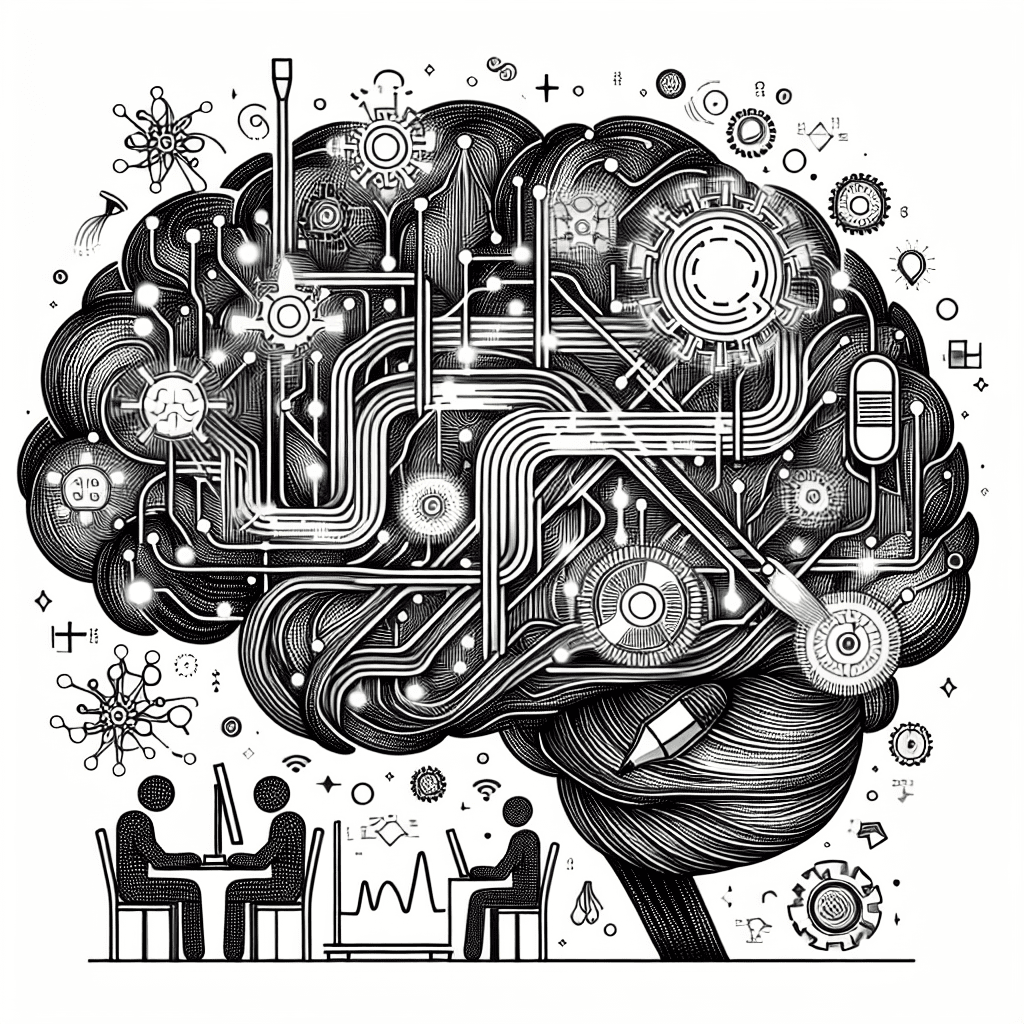Introduction Imagine wandering through a maze where every twist and turn is dictated not by walls but by the intricate pathways of your mind. This maze is our long-term memory, a boundless yet structured world where experiences and actions interlink, guiding our interactions with the world. Understanding how these cognitive maps form and evolve has […]
Tag: Learning and memory
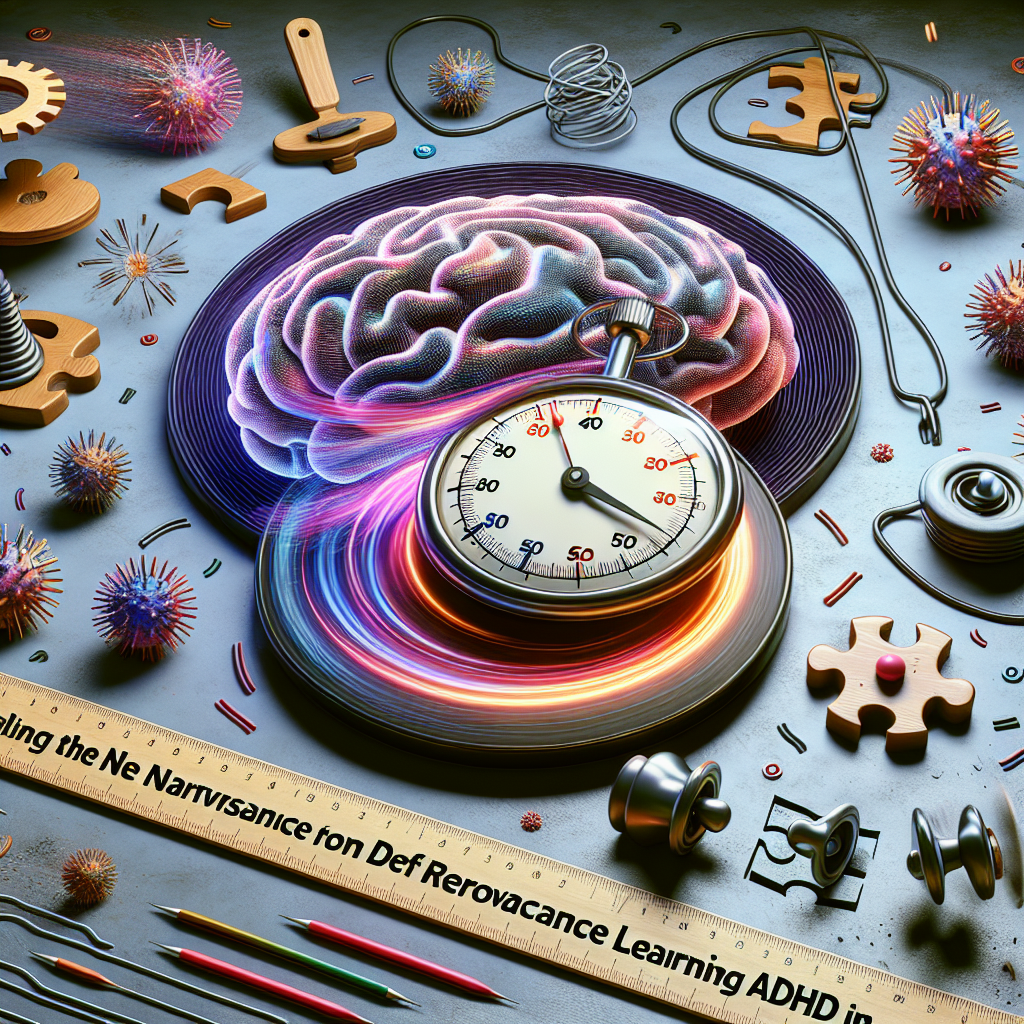
Unraveling the Neuroscience of Mistakes: Insights from Disrupted Reinforcement Learning in ADHD**
Introduction Ever wonder why some people, particularly those with Attention Deficit Hyperactivity Disorder (ADHD), seem to respond differently to mistakes? Imagine playing a video game and missing an important move—most people might slow down to analyze what went wrong. However, for individuals with ADHD, this process can be more complicated. This intriguing reaction forms the […]
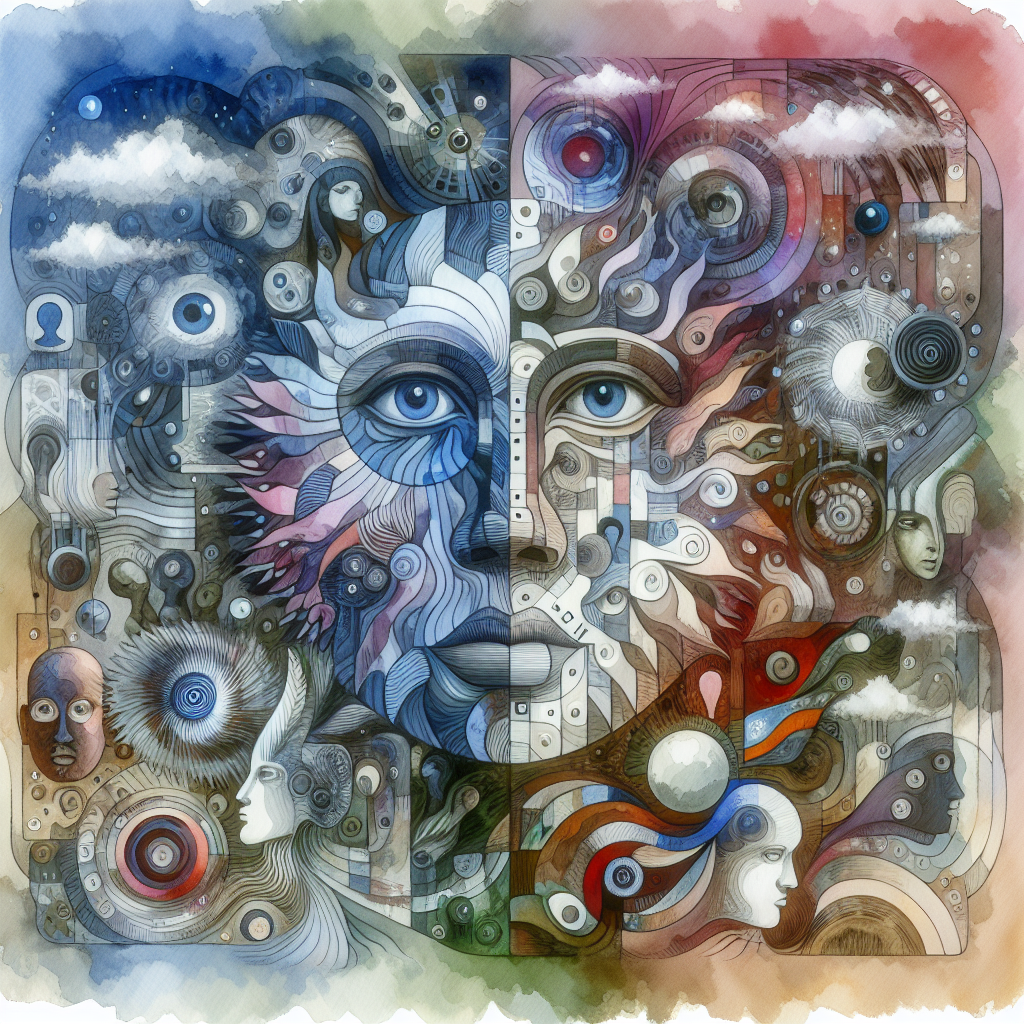
Voices from the Void: Bridging Emotional Gaps in Schizophrenia
Introduction: Echoes of Understanding Imagine being in a crowded room where everyone speaks a foreign language. You pick up words, maybe even phrases, but the melody of conversation is lost on you. For many individuals with schizophrenia, this is akin to their experience with emotions. They struggle not because they lack empathy or desire to […]

The Faces of Compassion: Unveiling the Emotions Behind Helping Hands
Introduction Imagine walking down a bustling street and catching the eye of someone who smiles at you with warmth and empathy. Intrigued, you wonder if that fleeting expression could truly communicate what words might struggle to express—care, concern, compassion. It’s a scenario most of us have experienced, yet rarely pause to dissect. But what if […]
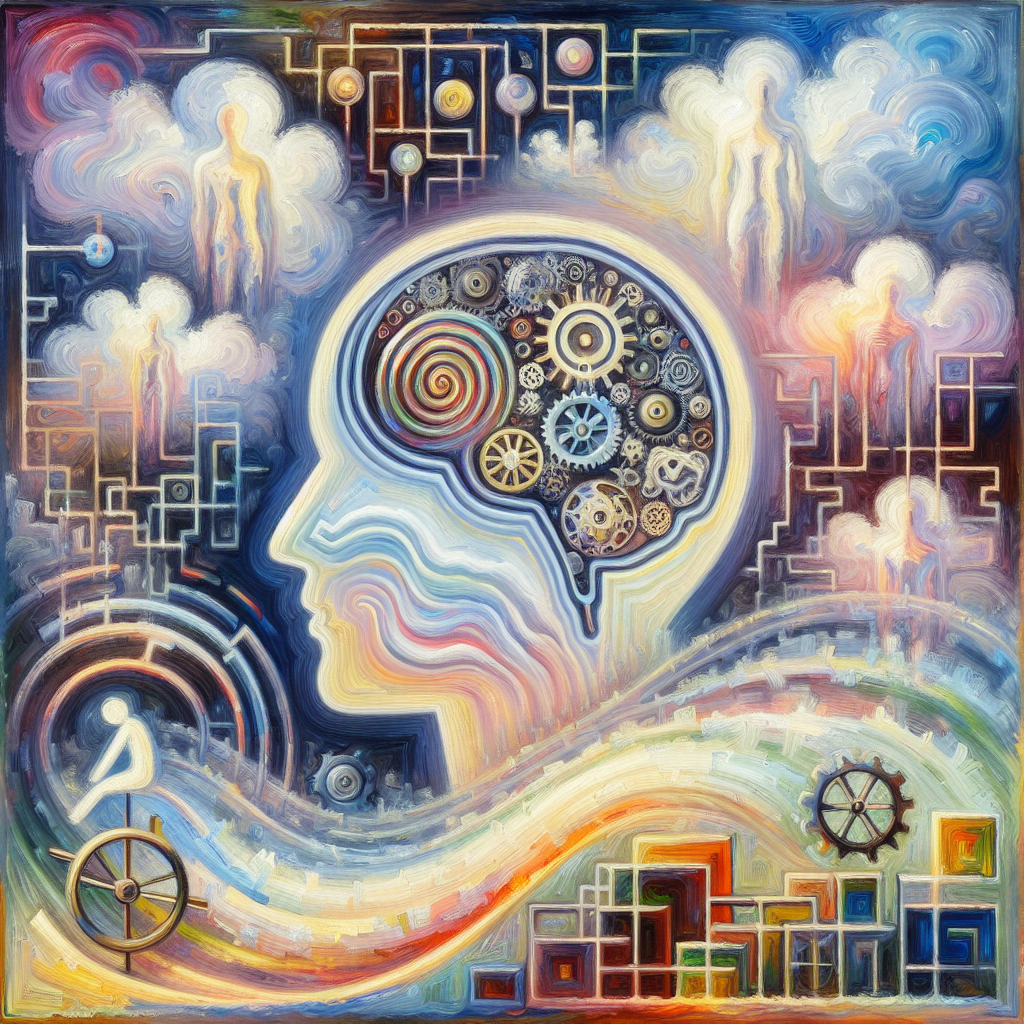
Unveiling the Neurotic Mind: How Personality Shapes Memory Tasks**
Introduction: The Curious Case of Neuroticism and Memory Have you ever wondered why some people seem perpetually lost in thought, pondering every detail, while others glide through life with seemingly less mental baggage? The answer might lie in a fascinating personality trait known as neuroticism. Often associated with emotional instability, anxiety, and self-doubt, neuroticism can […]
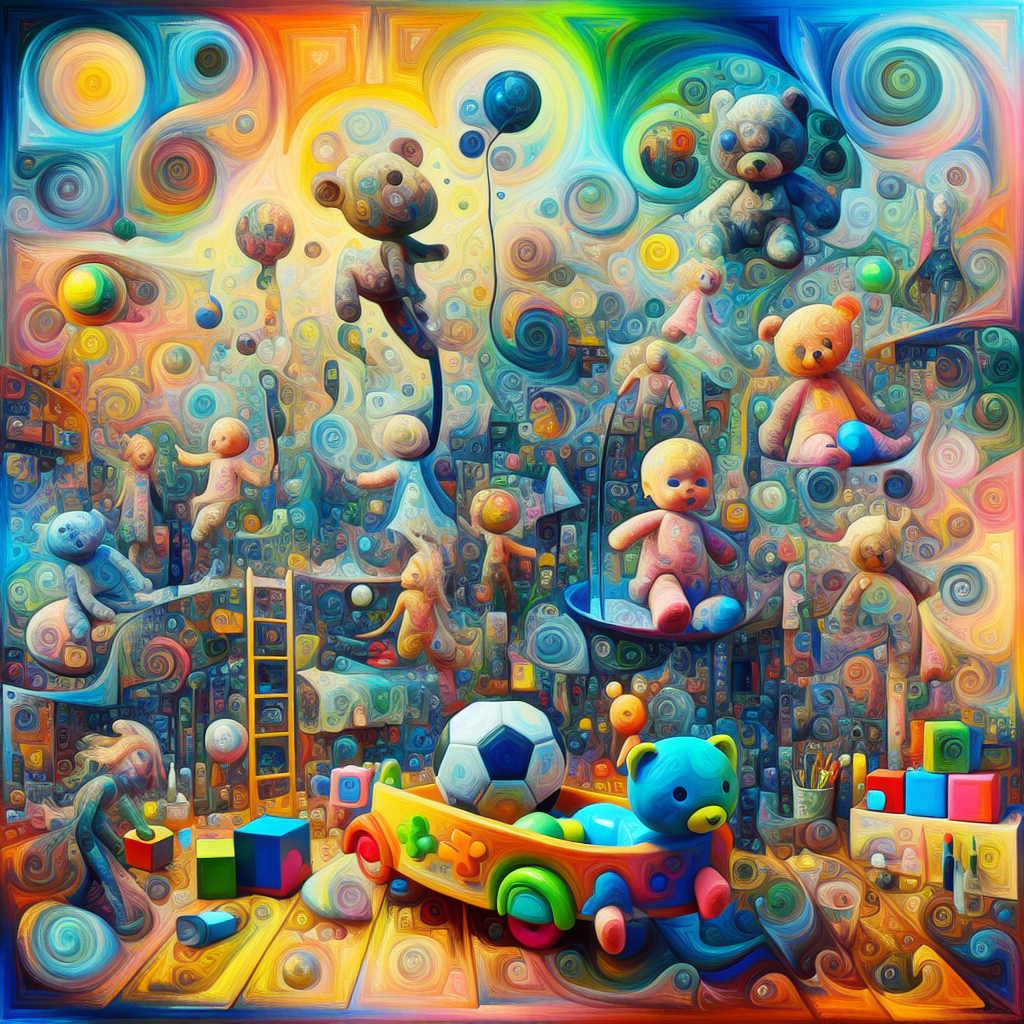
Through the Eyes of Toddlers: How They See and Understand Emotions
Introduction: A Glimpse into the Emotional World of Toddlers Have you ever watched a toddler intently study someone’s face, as if deciphering a secret code beneath the surface? It’s more than just childlike curiosity; it’s a window into how young children perceive and understand the emotions of those around them. A recent research paper titled […]
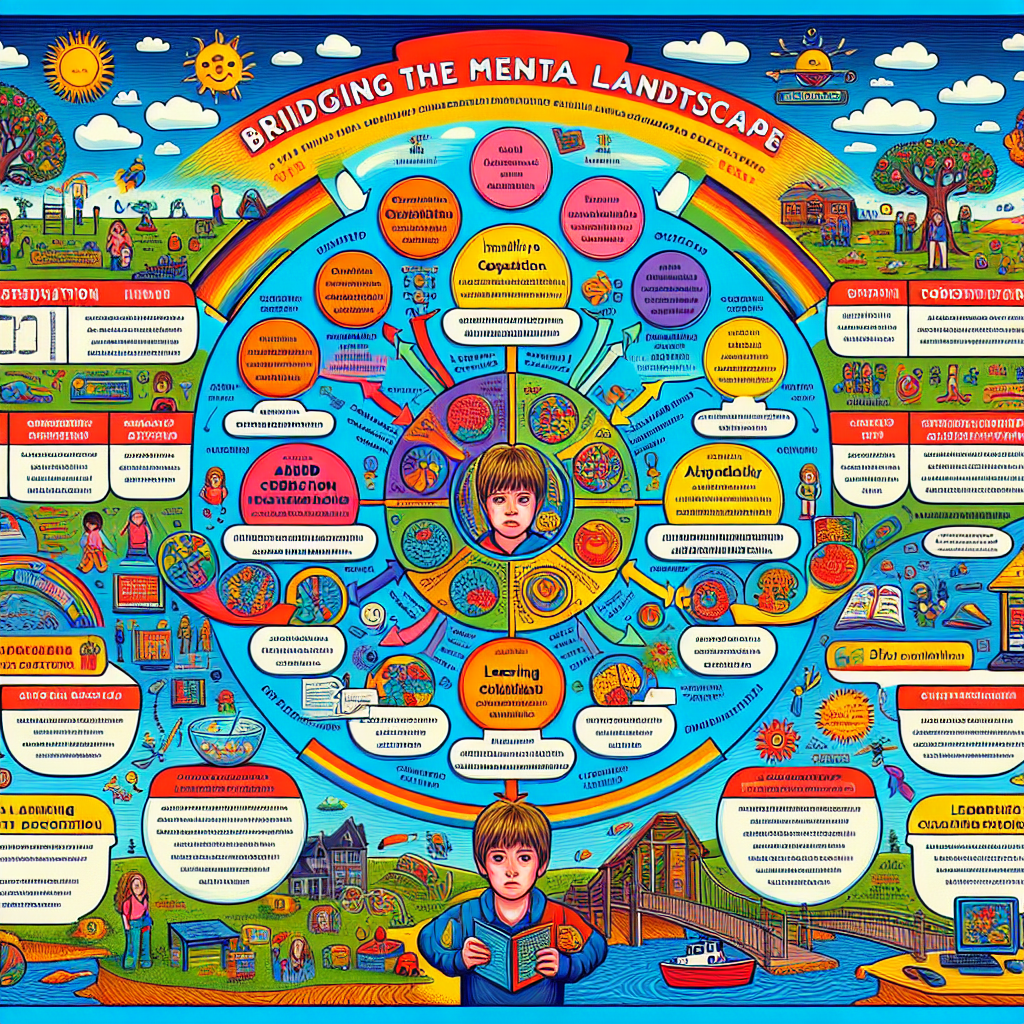
Bridging the Mindscape: Exploring ADHD and Learning in Children with ASD
Introduction Imagine attempting to read a fascinating book, but every time you find your rhythm, a loud horn disrupts your focus, leaving you scrambling to find where you left off. This is a metaphor for how some children with Attention Deficit Hyperactivity Disorder (ADHD) symptoms and Autism Spectrum Disorder (ASD) without intellectual disability experience their […]
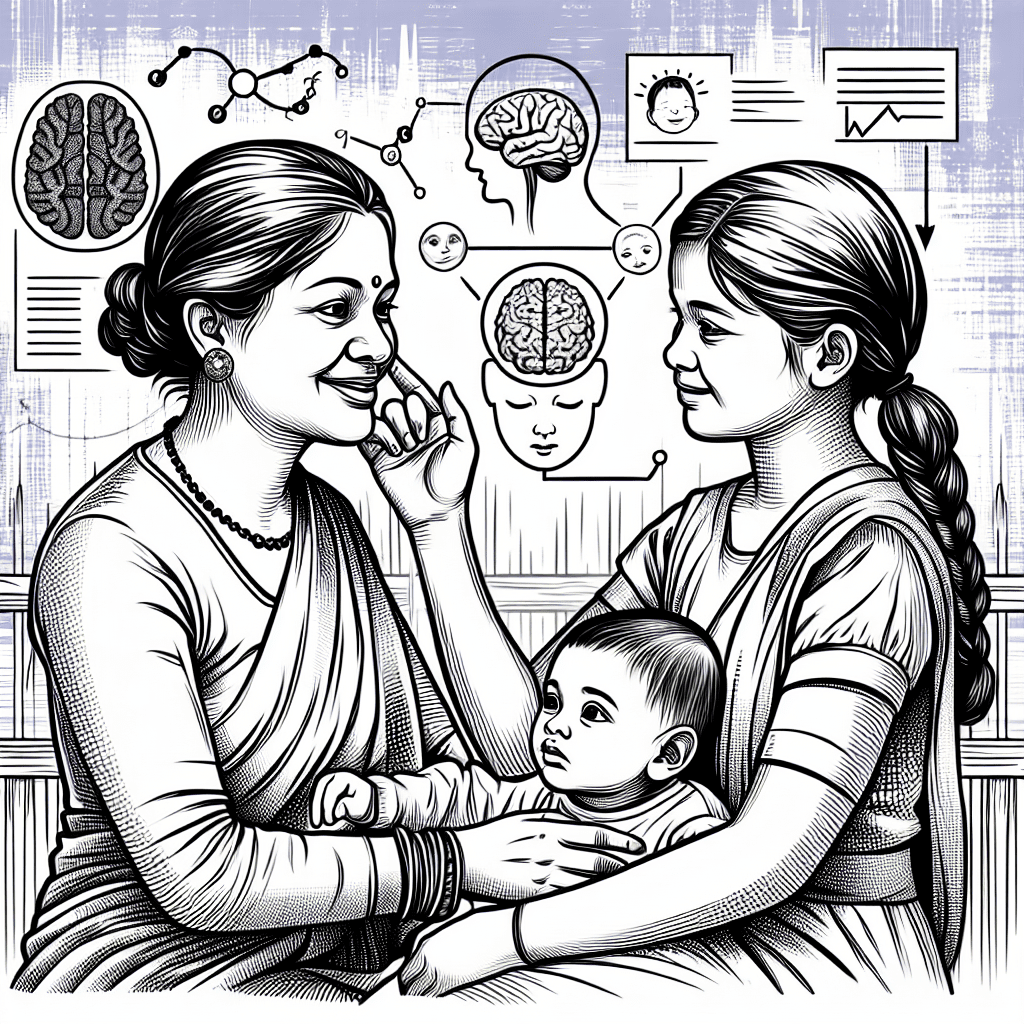
The Face in Focus: How Maternal Nurturing Shapes Emotion Recognition
— Introduction Imagine for a moment you’re in a bustling café. Amidst the symphony of noises—espresso machines humming, conversations buzzing—you spot an old friend. They flash you a warm smile across the room, and you find yourself grinning back, even before you consciously process their expression. This seemingly automatic response is no accident. It’s the […]
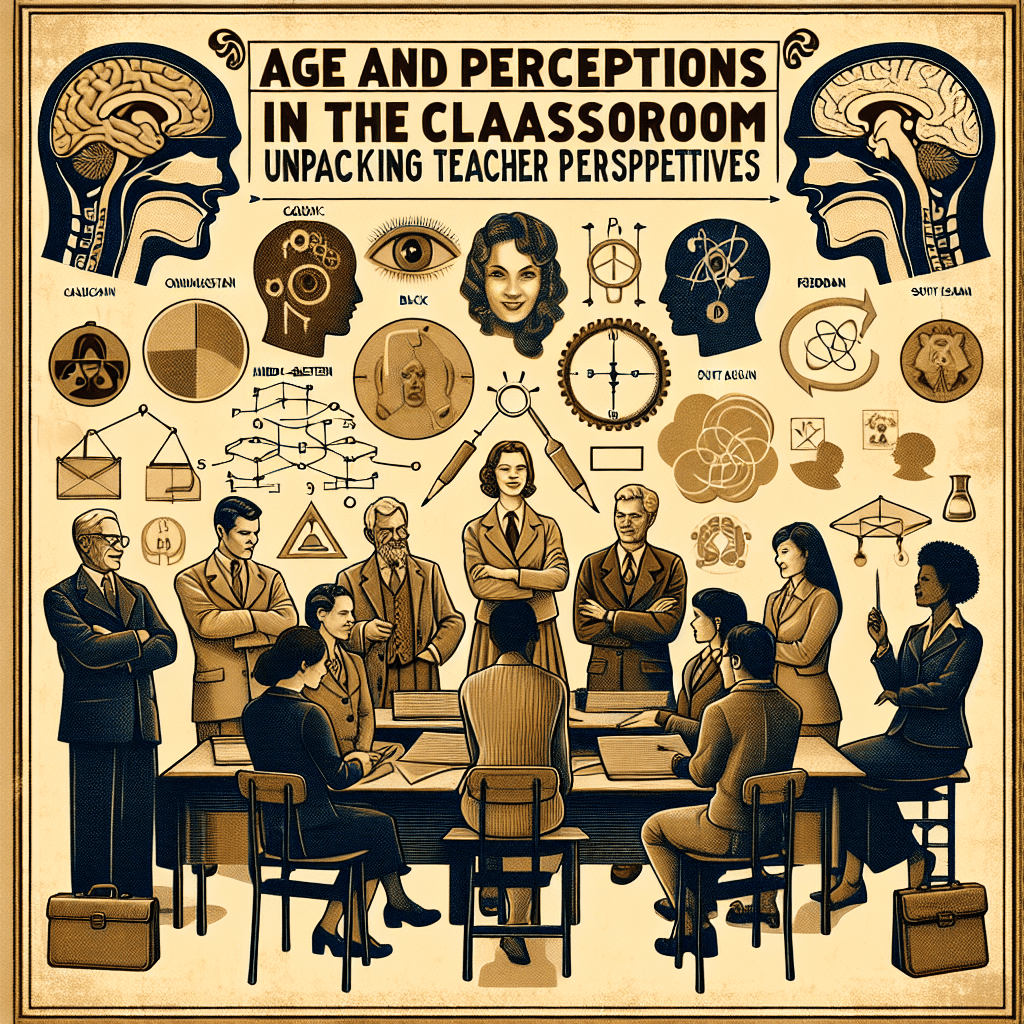
Age and Perceptions in the Classroom: Unpacking Teacher Perspectives
## Introduction: The Age Dilemma in Classrooms Imagine walking into a classroom where each child is a whirlwind of energy and curiosity. Their minds work at different speeds, reacting in diverse ways to the same situation. Some may be class clowns, unable to sit still, while others quietly ponder questions before raising their hands. But […]
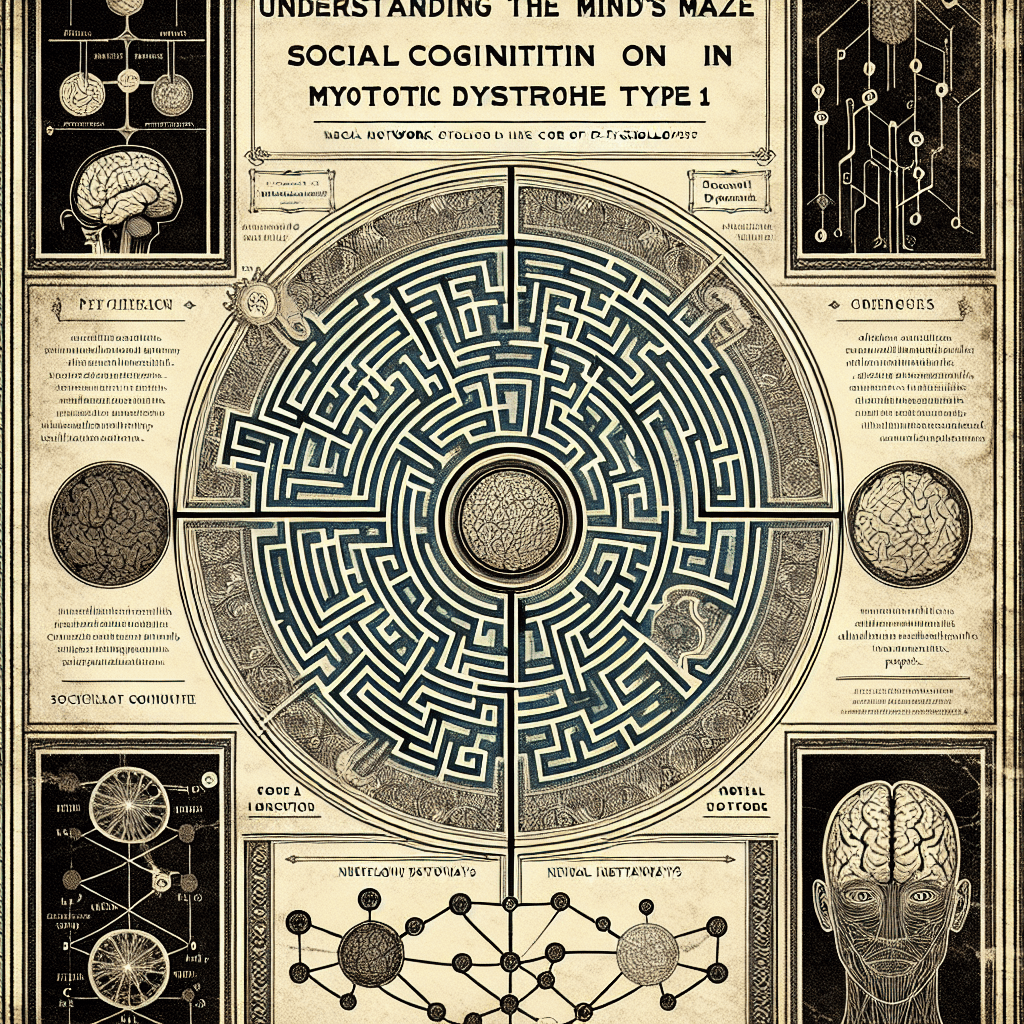
Understanding the Mind’s Maze: Social Cognition in Myotonic Dystrophy Type 1
Introduction Imagine navigating a conversation without fully understanding the emotional cues behind someone’s smile or frown. If this sounds challenging, consider the reality faced by individuals with Myotonic Dystrophy type 1 (DM1). Welcome to the fascinating yet complex world of social cognition—how we process, store, and apply information about other people and social situations. This […]
